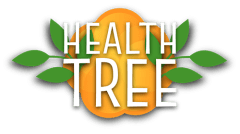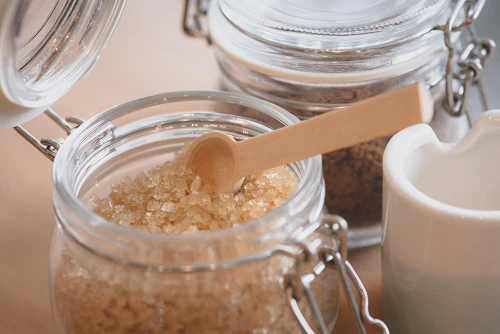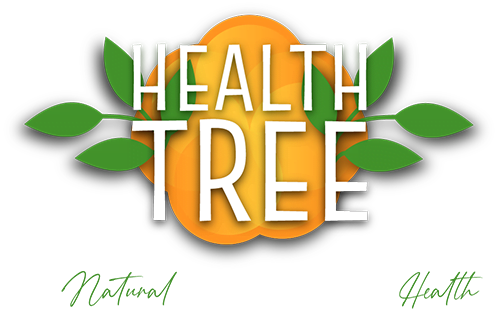We want to look at how excessive sugar consumption can hurt us and how our diet relies far too heavily on a steady supply of processed, unhealthy sugar. We also want to examine how natural sweeteners can be used in place of processed sugar for a healthier diet.
Sugar has been consumed in different ways for centuries. Most early people ate it through the fruit and vegetables they consumed. The fibre in apples, though, allowed our ancestors to feel full, a den their sugar intake was kept to a minimum. This people relied on the energy from sugar for their active lifestyles, but that isn’t so important in our lives today. We live far less active lives, in general, yet we tend to consume so much more sugar.
- The two main reasons that we should cut back sugar in our diet are:
- Our bodies are not designed to handle the large amounts of sugar we consume regularly.
- We obtain enough calories and energy from other food sources that we no longer need much sugar.
Just a few generations ago, our grandparents would have thought of adding sugar to food as a luxury. About 75% of all packaged foods today contain extra sugar, though. This is according to a 2014 report from New Scientist. If you read the nutritional labels in an Australian grocery, you will likely find that this report, which was based in the US, applies to our country as well.
A lot of products with large amounts of sugar have been marketed aggressively in Western culture. The average Australian consumes about 53kg each year of sugar, and that comes out to about 29 teaspoons of processed sugar for each day.
This is why we have such high rates of obesity and a variety of health problems that were not an issue in generations past. Cardiovascular disease and type 2 diabetes are on the rise, due to higher sugar intake. Sugar, according to some health experts, is toxic and addictive, and their opinions on sugar have changed the way that many people consume food.
We consume far more sugar than our ancestors because processed food is so cheap and readily available. Breakfast cereals, carbonated beverages, packaged foods and other retail grocery items all tend to contain lots of sugar, and we as a nation tend to consume this more than we do natural, raw, unprocessed foods.
We have seen a steady line of books, scientific articles and opinions that point to sugar as the real culprit of obesity and other dietary problems. Fat is no longer being given all the blame.
To create processed sugar, sugar cane is heated until it makes crystals. These are spun to take the crystals out of the juice. These crystals form what is known as raw sugar, and they are combined with water and syrup, which changes that crystals’ natural colour. This process usually involves adding in bleaching agents, lime, phosphoric acid and sulphur dioxide.
The sugar is then forced to be concentrated, and the moisture is sucked out of it and the crystals dried. This takes out all the nutrients from sugar.
How Natural Sweeteners Compare to Artificial Ones
As we begin to understand better how dangerous excessive sugar consumption can be, we need to take steps to cut back on how much sugar we consume. Artificial sweeteners have taken the place of natural sugar, unfortunately, and this is something that the health-conscious need to address and be aware of.
Artificial sweeteners are synthetic and are often sweeter than natural sugar. They can be part of a product’s ingredient list when the product is labelled as sugar free, and that can be very misleading. It’s necessary to bring awareness to this issue and let people know about the dangers and pervasiveness of artificial sweeteners. There is some evidence to show that the artificial sweeteners saccharin and aspartame can cause bowel cancer in rats. Some studies have shown them to be safe for human consumption, when they are used in small quantities, but there’s growing concern that there may be unrealised dangers in these artificial sweeteners.
What kind of alternatives are available to people who want to avoid artificial sweeteners? The answer is natural sweeteners.
There is definitely a growing demand for natural sweeteners in Australia. People are beginning to realise how much safer these are than the artificial sweeteners and processed sugars they are consuming. There are tons of different natural sweeteners, and you might be perplexed as to which one is right for you. We have another article that covers natural sweeteners in depth for you, and we suggest looking at that to find out more about the pros and cons of specific natural sweeteners.



